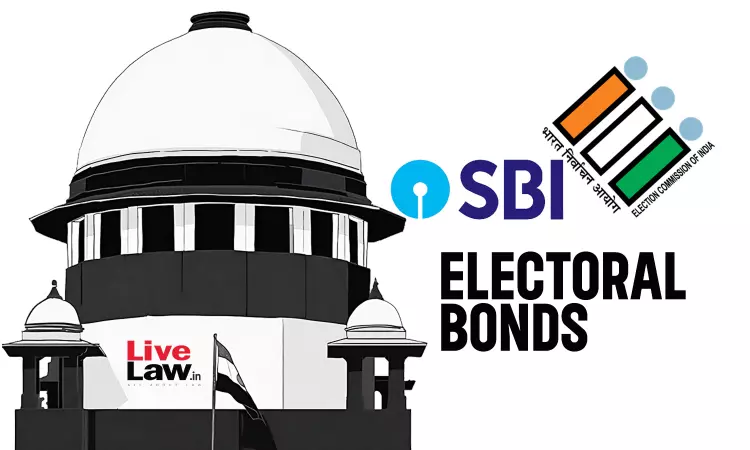Supreme Court Says State Bank Of India Has To Disclose Electoral Bond Numbers, Issues Notice To SBI
Awstika Das
15 March 2024 10:54 AM IST

Next Story
15 March 2024 10:54 AM IST
The Supreme Court on Friday (March 15) categorically stated that the State Bank of India (SBI) has to disclose electoral bonds numbers as well, in addition to the details it has already disclosed regarding the purchase and redemption of the bonds.In the latest development in the court-mandated disclosure process concerning electoral bonds details, a bench of Chief Justice DY Chandrachud,...
